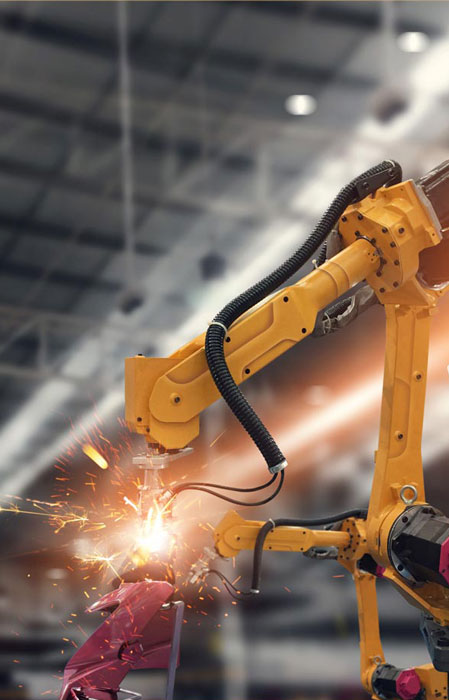Hire Purchase In UK: Meaning, Advantages and Disadvantages
Steve Oke Chapchap Market 320243 No Comments
INTERESTED IN KNOWING MORE ABOUT A HIRE PURCHASE AGREEMENT AND HOW IT ALL WORKS?
The hire purchase guide below will give you an overview and we’d be happy to discuss with you if you’d like further help to decide if it is the best option for you and your business.
WHAT IS HIRE PURCHASE?
A hire purchase agreement is a type of lease agreement which contains an option to purchase. An initial deposit is normally paid, the amount of which can vary significantly. The outstanding balance will then be paid off in monthly instalments.
Ownership passes after all the instalments have been made and the hirer exercises the option to purchase the goods. The option to purchase is normally a nominal fee which has no bearing on the market value of the goods. This is the key difference between hire purchase and contract purchase.
In the latter, the purchase fee is normally an optional balloon rental which reflects the market value of the goods at the time it becomes available for exercise (the equivalent of the residual value in an operating lease). You either pay it, refinance it or return the asset.
In the case of a hire purchase agreement, the instalments (even if it includes a contractual balloon instalment) amortise the balance outstanding down to zero. The instalments under contract purchase amortises the balance down to the uncontracted balloon.

Find out how Asset Finance could help your organisation
HOW DOES HIRE PURCHASE WORK?

Much like a contract purchase agreement, a hire purchase contract will usually involve a deposit on the asset or assets, after which your payments on the asset will be determined, depending on the amount of time you would like the hire purchase contract to cover. The duration of the contract can vary to suit your budget and your business needs. The interest rates charged as part of the hire purchase terms can be either fixed or variable.
WHAT ARE THE BENEFITS OF A HIRE PURCHASE CONTRACT?
A feature of a hire purchase agreement is that you are able to own the asset at the end of the agreement. This can be useful as you may be able to use this as part exchange when you reach the point of replacement.
However, it is important to note that you will be responsible for the servicing and maintenance of the asset, especially when it comes to vehicle hire purchase (unless a specific maintenance contract is entered into).
In summary, this type of funding appeals to companies that want to retain ownership of their assets, but spread the payment over a period of time. However, you will bear the residual value risk and be responsible for all the servicing and maintenance requirements which may require in-house expertise and management resources.
Regular instalments spread the cost over the course of the finance agreement
Frees up vital capital in the business
Low deposit often available
Fixed and variable interest rates are usually available
Business purchases may benefit from corporation tax savings. The hirer can set the interest off against taxable profits and claim capital allowances on the capital.
On-balance sheet funding allows you to maximise your asset base
The security taken by the lender is the asset not a charge over the business as a whole
Ownership of the asset at the end of the agreement (subject to payment of all instalments and the option to purchase fee)











Leave a Comment
Your email address will not be published. Required fields are marked. *